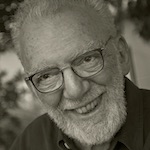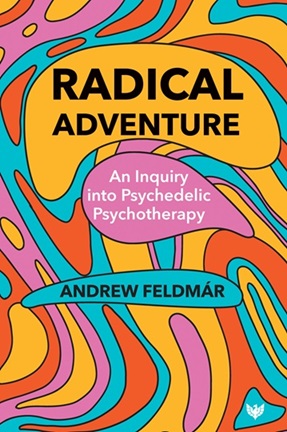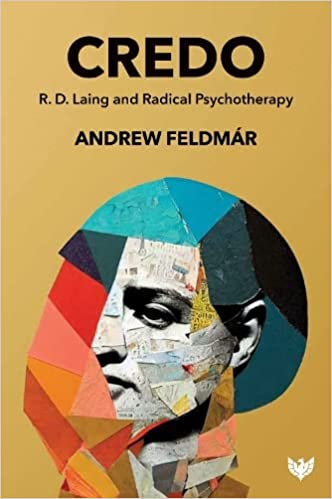Andrew Feldmar

Andrew Feldmár is a Vancouver-based psychologist and psychotherapist. His approach to therapy seeks to reconnect patients to the joys of everyday life through relying on loving, living relationships, rather than the alienation of the classical doctor–patient relationship. He was born in Hungary during WWII (1940), and after the 1956 revolution was defeated, he immigrated to Canada on his own at the age of 16. He graduated with honors from the University of Toronto with a BA in mathematics, physics, and chemistry, as well as an MA in psychology from the University of Western Ontario. He has been a psychotherapist since 1969.
During 1974–1975, he spent a year in London, England, intensively studying and training in the practice of psychotherapy under the renowned and controversial Scottish psychiatrist, R. D. Laing. During this year, he also studied with Francis Huxley (the anthropology of healing), John Heaton (existential psychotherapy), Hugh Crawford (community therapy), and Leon Redler (spiritual emergency). These relationships became lifelong friendships. Feldmár also worked with one of the founders of transpersonal psychology, Stanislav Grof at the Esalen Institute in California. He gained further experience in the field while volunteering at Hollywood Hospital in New Westminster, where LSD was legally used for research and therapy. He gained experience in brief psychotherapy in Palo Alto in the research group of Paul Watzlawick.
He has taught, lectured, and led workshops at SFU, UBC, Emily Carr University, and Douglas College. In 1989, he was a guest on a 3-part CBC Ideas radio series entitled R. D. Laing Today. He has also worked as a consultant in both television and film (e.g., Showcase’s Kink series, Neurons to Nirvana: The Great Medicines). Other career highlights include work with the United Nations; founding the Integra Households Association, a non-profit charity working with those in extreme mental distress; and Third Mind Productions, a film production company that went on to turn out the 1987 film, Did You Used to Be R. D. Laing?
He has also worked extensively overseas, mainly in Hungary, where he has published over 30 books. His first book, The Rainbow of States of Consciousness, is now in its third edition. Two organisations have been set up in Hungary, inspired by Feldmár. The Soteria Foundation was established in 1995 and became a pioneer of community psychiatric care in the country. In 2006, his colleagues and friends founded the Feldmár Institute, in Budapest, in order to popularise his theoretical and practical approach to psychotherapy.
He is well-known to international audiences in the field of psychedelic-assisted psychotherapy, having presented at numerous conferences on the subject. He took part in a research study sponsored by MAPS Canada in 2008 to demonstrate the efficacy of MDMA as an adjunct to psychotherapy in patients with severe PTSD. He was also a mentor in California’s Psychedelic-Assisted Therapies and Research program.
Radical Adventure: An Inquiry into Psychedelic Psychotherapy
Andrew Feldmár trained under R. D. Laing and worked with Stanislav Grof and Paul Watzlawick. A pioneer of psychedelic psychotherapy, he presents its history, his personal experiences, and his wishes... (more)
Credo: R. D. Laing and Radical Psychotherapy
Tamás Vekerdy, one of the most well-known Hungarian psychologists, called Credo an ’essential insight not just into Feldmár’s life but into the world and the era that we currently live... (more)



